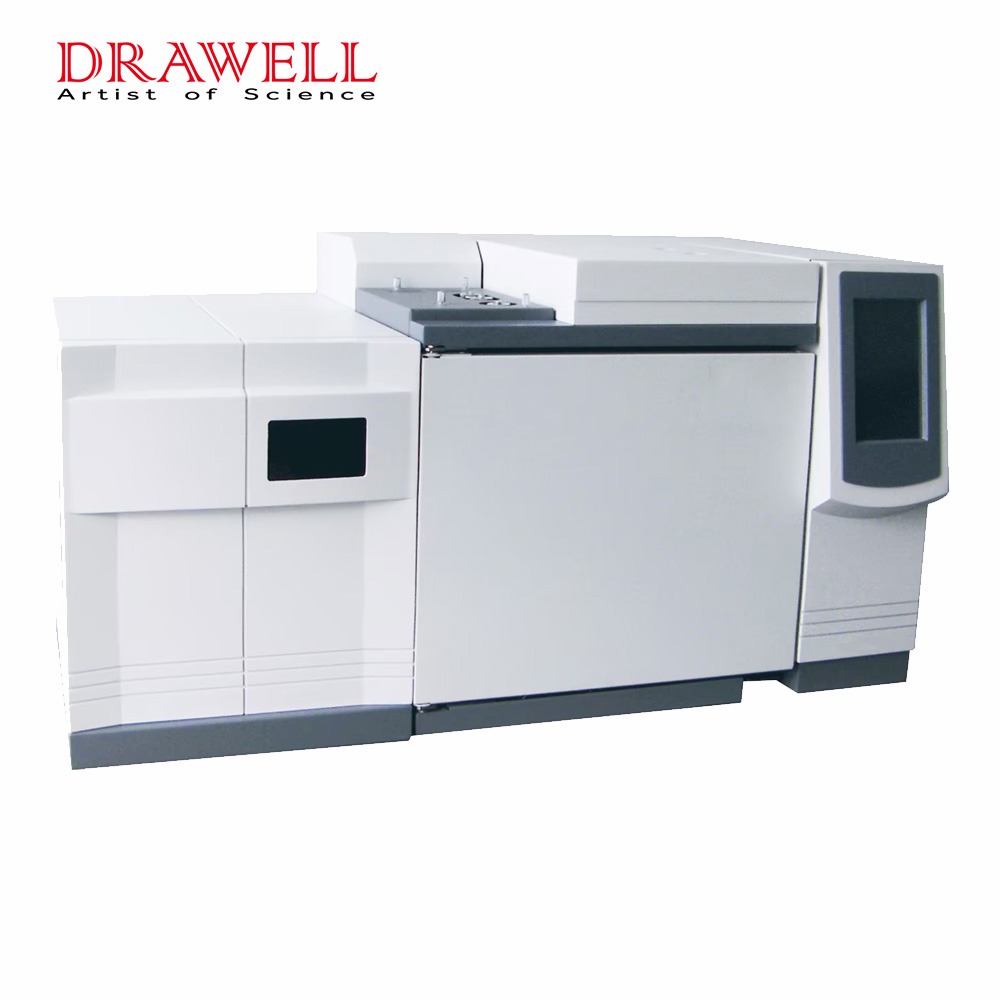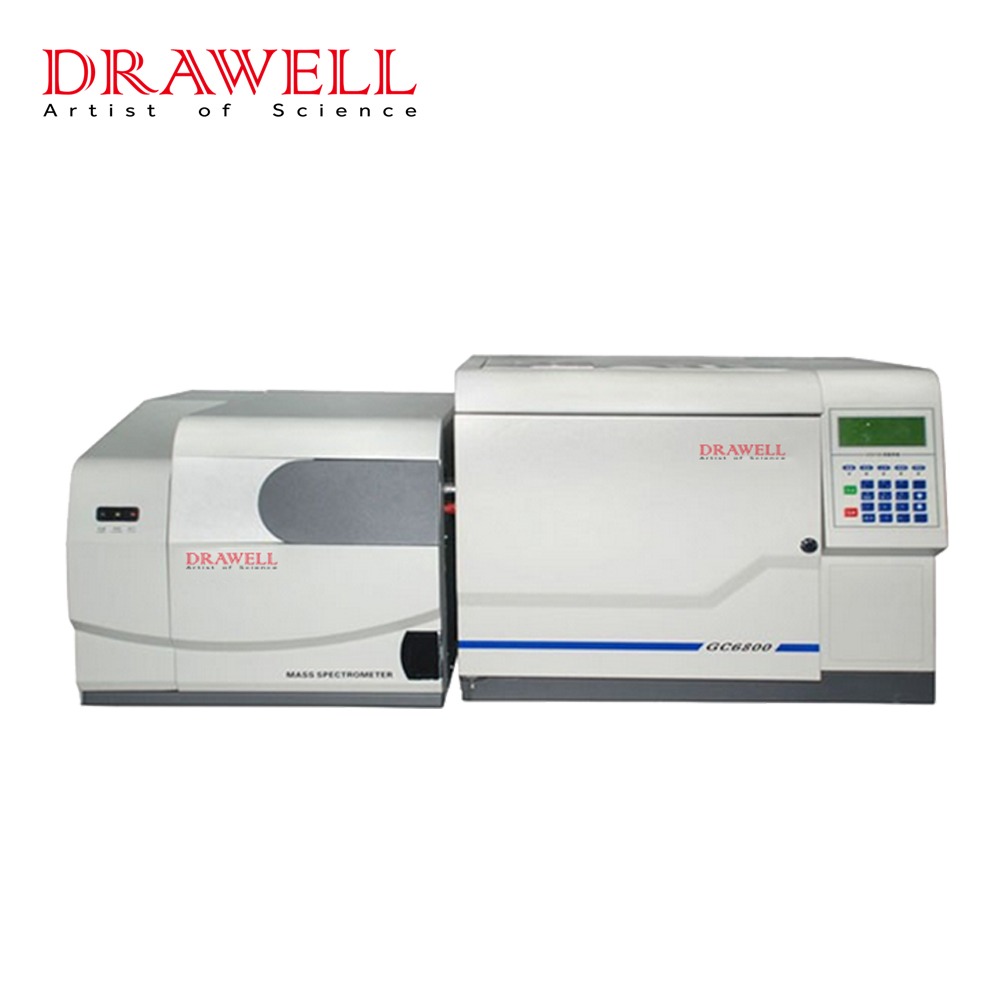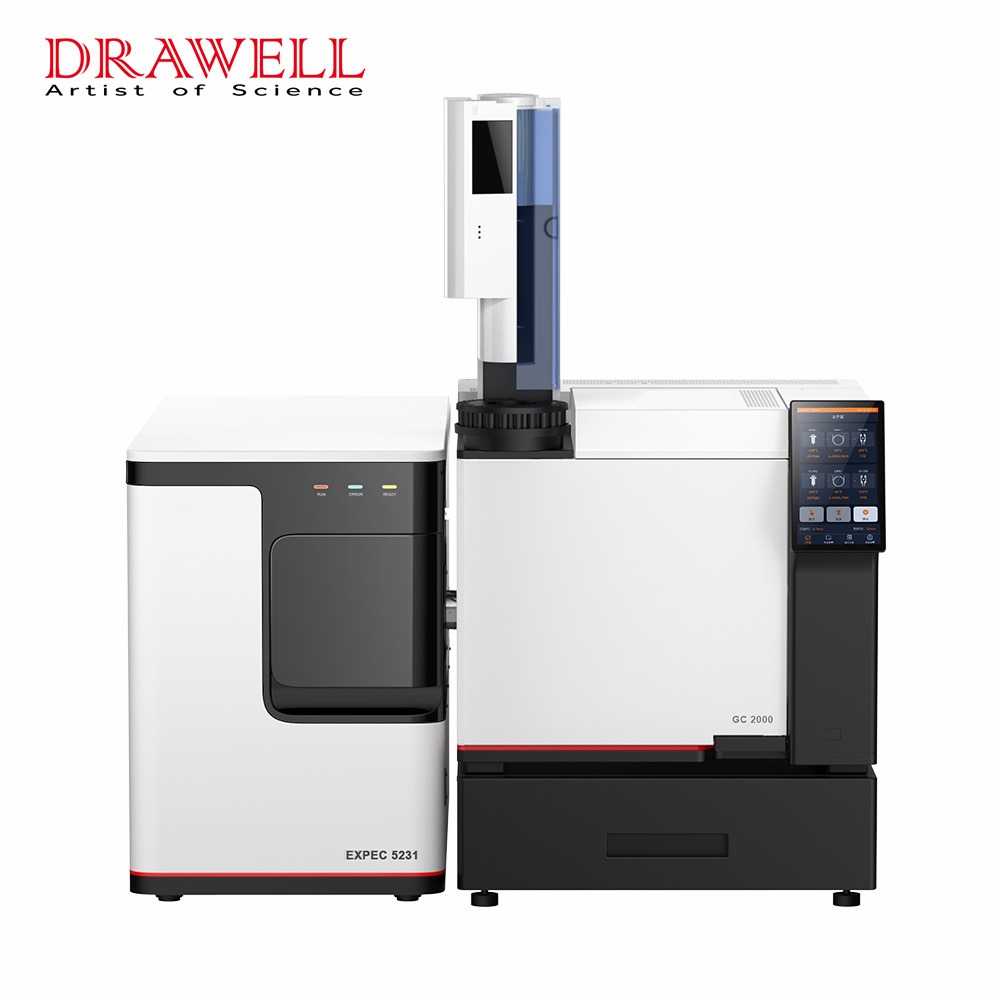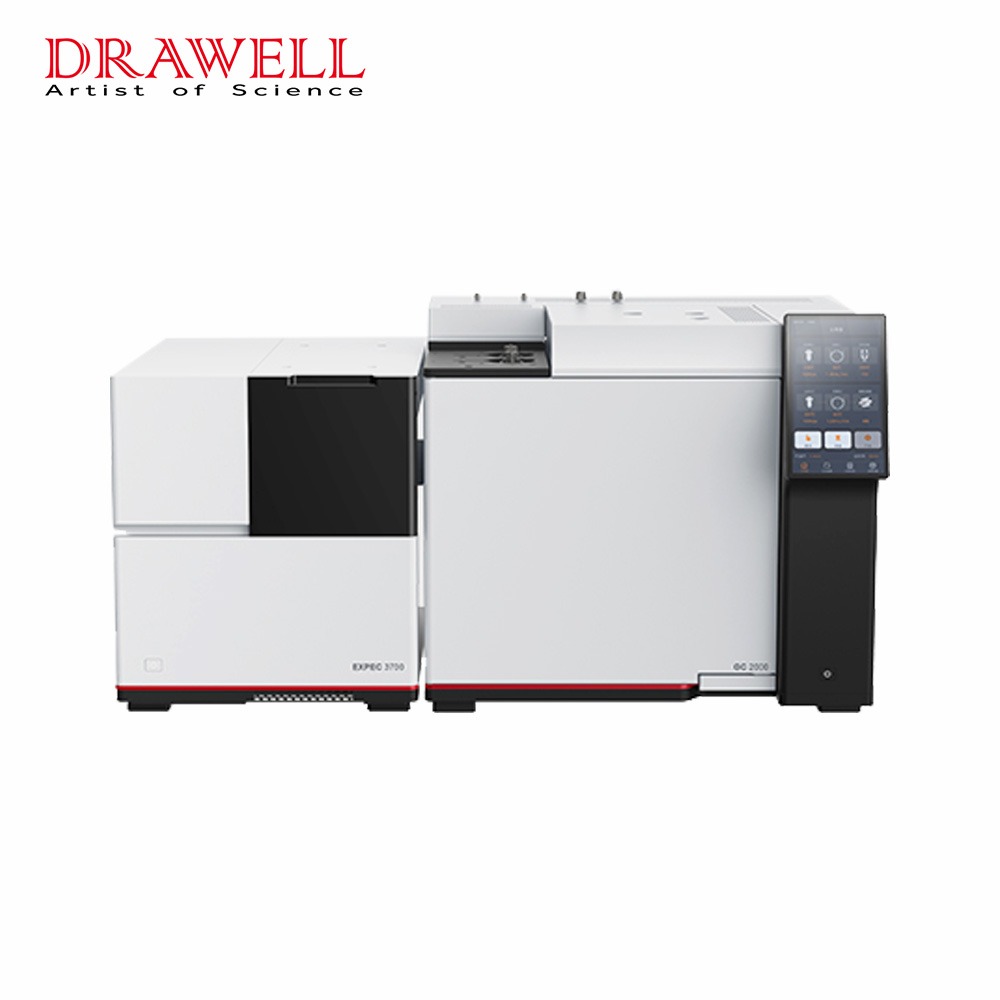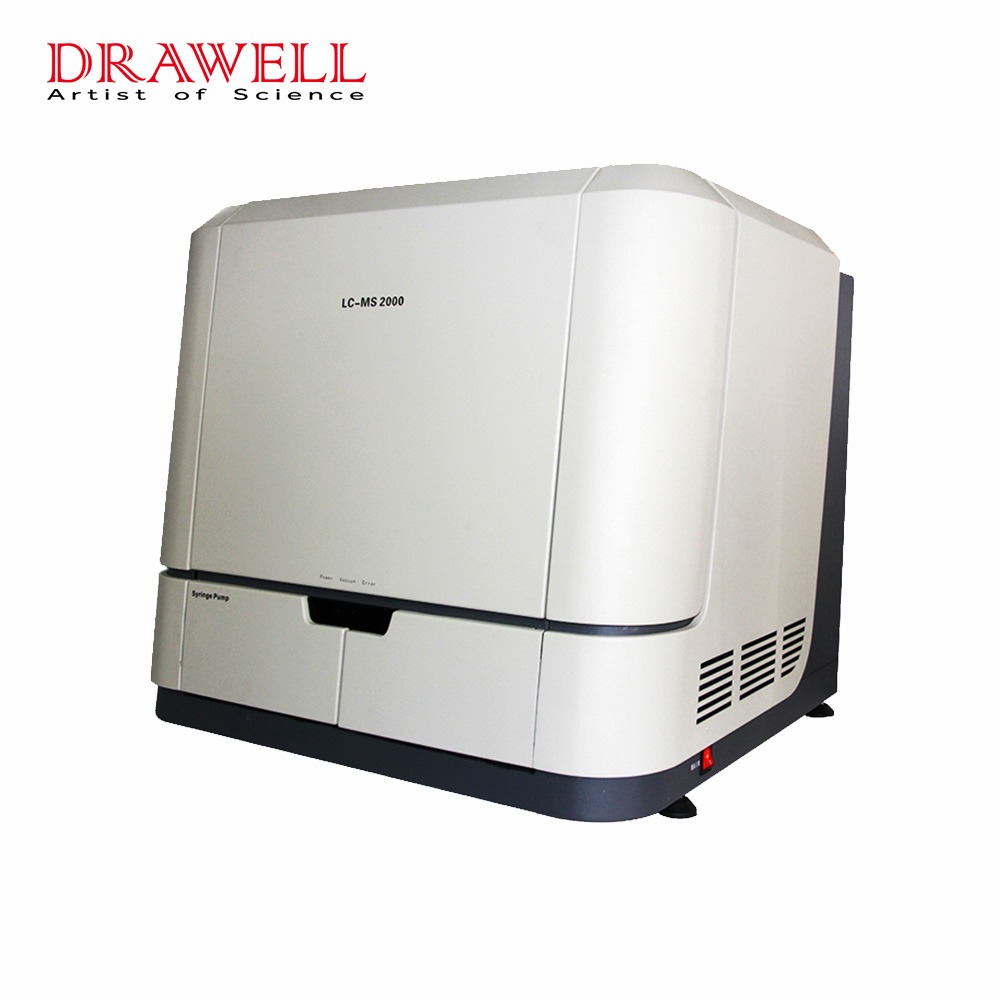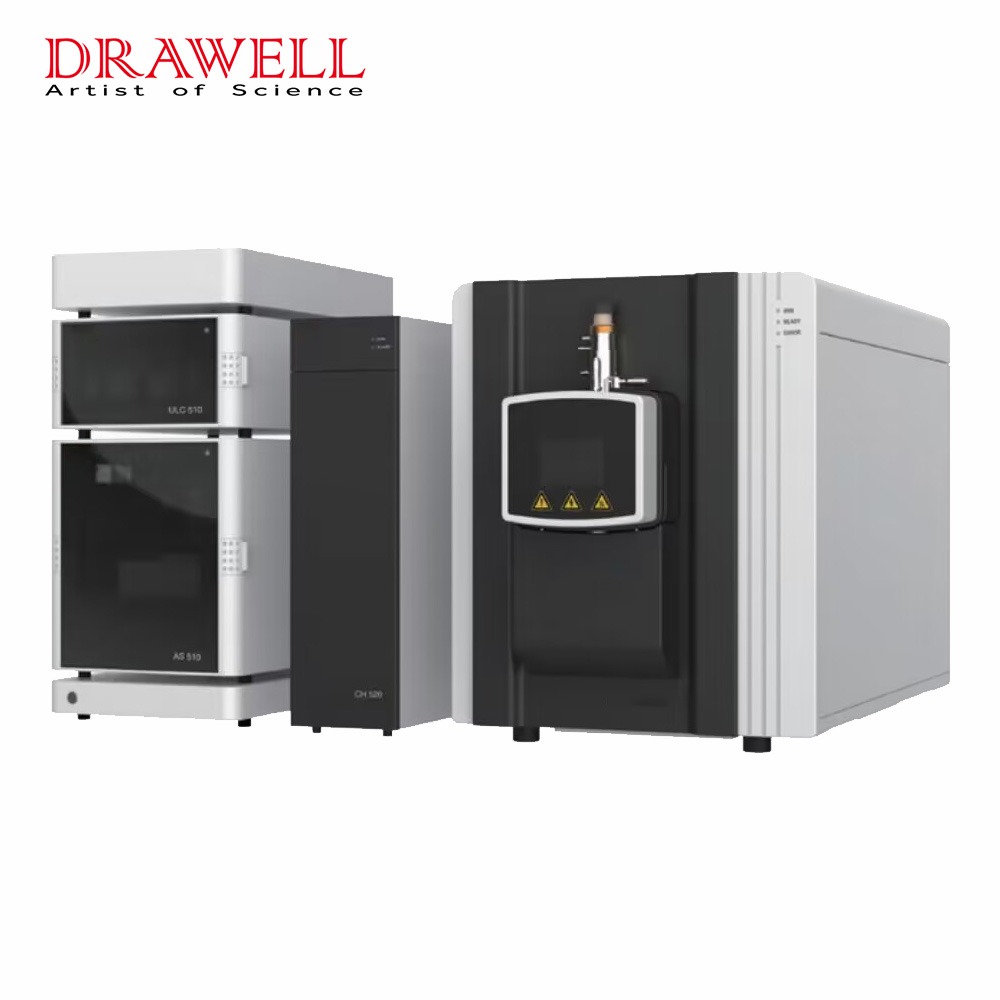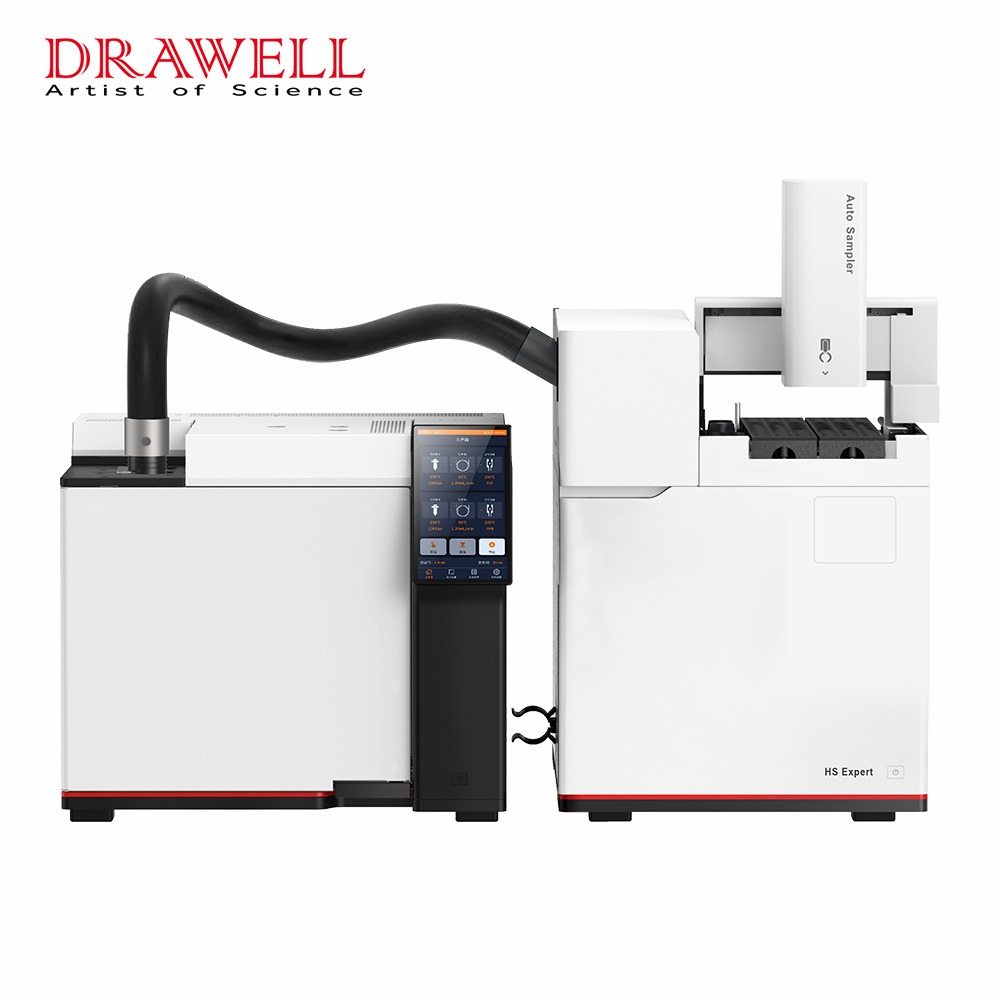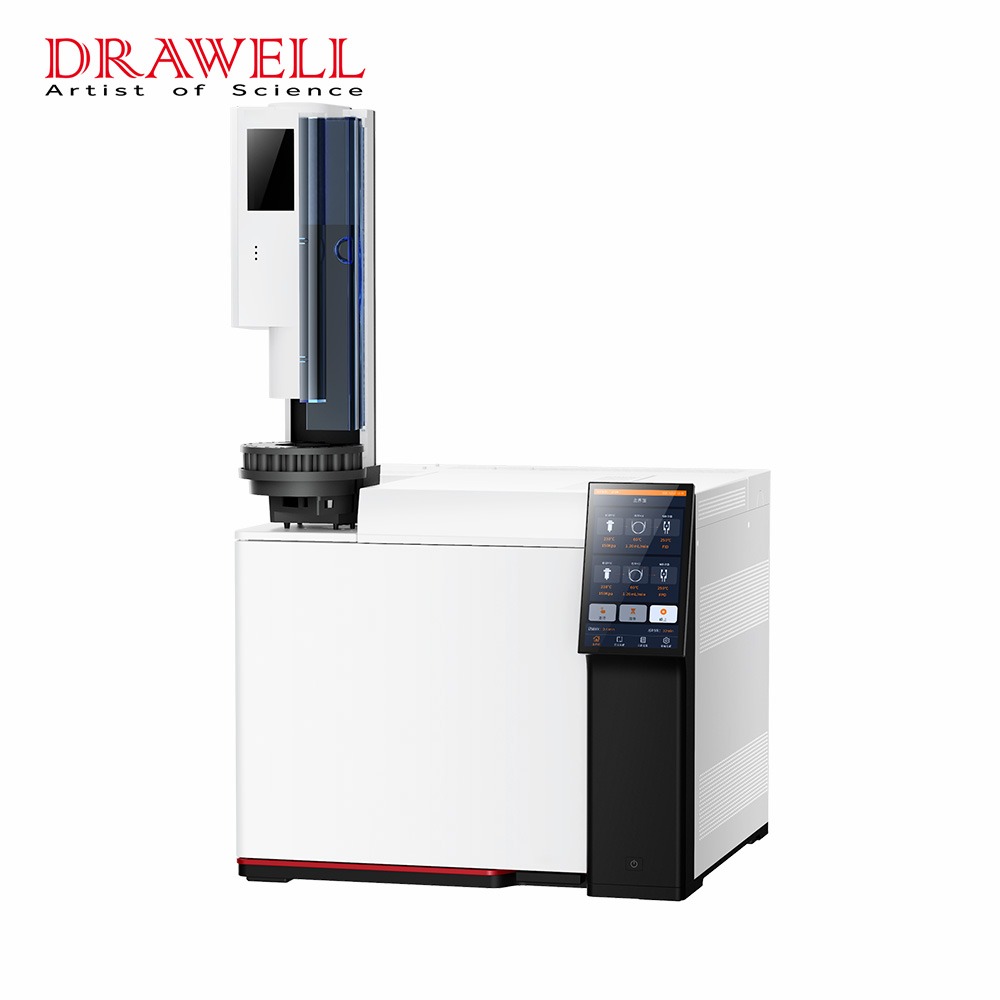With the introduction of miniaturized and microchip chromatography systems, chromatography, a versatile and strong analytical tool, has experienced a remarkable revolution. These cutting-edge technologies provide unparalleled benefits in terms of speed, efficiency, and portability, transforming the landscape of analytical chemistry. In this article, we explore the principles, applications, and benefits of miniaturized and microchip chromatography.
The Evolution of Chromatography
Chromatography, which was invented in the early twentieth century, has long been used in analytical chemistry to separate, identify, and measure complicated mixtures of chemicals. Traditional chromatography procedures, such as gas chromatography (GC) and liquid chromatography (LC), necessitate large amounts of equipment and lengthy processing durations.
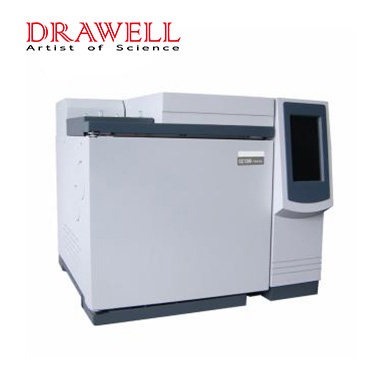
The advent of miniaturized and microchip chromatography marks a significant advancement, providing a number of advantages over traditional approaches.
Principles of Miniaturized and Microchip Chromatography
1. Reduced Sample and Solvent Consumption
Miniaturized chromatography systems reduce the amount of sample and solvent required for analysis greatly. This reduction in consumption is not only environmentally friendly but also cost-effective.
2. Enhanced Mass Transfer
Miniaturized systems enable faster mass transfer and improved separation efficiency due to reduced column dimensions. This leads to shorter analysis times without compromising resolution.
3. Portability and Integration
Miniaturized and microchip systems are portable and easily integrated with other analytical equipment due to their small size. This is especially useful for on-site studies and field applications.
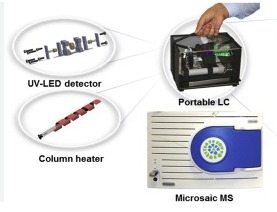
4. Automation and High Throughput
These technologies lend themselves well to automation, leading to increased throughput and efficiency. Automated sample injection, separation, and detection processes streamline analytical workflows.
5. Microfabrication Techniques
Microchip chromatography involves the use of microfabrication techniques to create intricate channels, reservoirs, and separation columns on a small chip. This precision allows for controlled and reproducible separations.
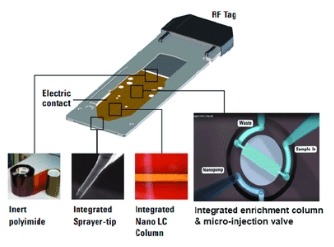
Applications of Miniaturized and Microchip Chromatography
1. Drug Discovery and Development
Miniaturized chromatography techniques, such as microfluidic chromatography, enable rapid analysis of drug compounds and metabolites in complex biological samples. They play a crucial role in drug discovery, helping researchers screen and characterize potential drug candidates efficiently.
2. Clinical Diagnostics
Microchip chromatography is employed for the analysis of biomarkers, drugs, and metabolites in clinical samples such as blood, urine, and saliva. These techniques offer rapid and sensitive analysis, making them valuable tools for disease diagnosis, monitoring, and personalized medicine.
3. Environmental Monitoring
Miniaturized chromatography techniques are used for the analysis of environmental pollutants, pesticides, and contaminants in water, soil, and air samples. Microchip chromatography systems offer portability and ease of use, making them suitable for on-site environmental monitoring applications.
4. Food Safety and Quality Control
Miniaturized chromatography techniques are utilized for the analysis of food additives, contaminants, and adulterants in food products. Microchip chromatography systems provide rapid and sensitive detection of foodborne pathogens, toxins, and allergens, ensuring food safety and quality control.
5. Forensic Analysis
Microchip chromatography is applied in forensic laboratories for the analysis of drugs of abuse, toxic compounds, and biological fluids collected as evidence. These techniques offer rapid analysis and high sensitivity, aiding in criminal investigations and legal proceedings.
6. Proteomics and Metabolomics
Miniaturized chromatography techniques are used in proteomics and metabolomics research for the separation and analysis of complex mixtures of proteins and metabolites. Microchip chromatography systems offer high throughput and sensitivity, facilitating the identification and quantification of biomolecules in biological samples.
7. Point-of-Care Testing (POCT)
Microchip chromatography platforms are integrated into portable diagnostic devices for point-of-care testing applications. These devices enable rapid analysis of biomarkers and disease indicators in clinical settings, providing timely results for patient care and treatment decisions.
8. Pharmaceutical Process Monitoring
Miniaturized chromatography techniques are employed for real-time monitoring of pharmaceutical processes, including reaction monitoring, purification, and quality control. Microchip chromatography systems offer continuous analysis and automation, optimizing process efficiency and product quality.
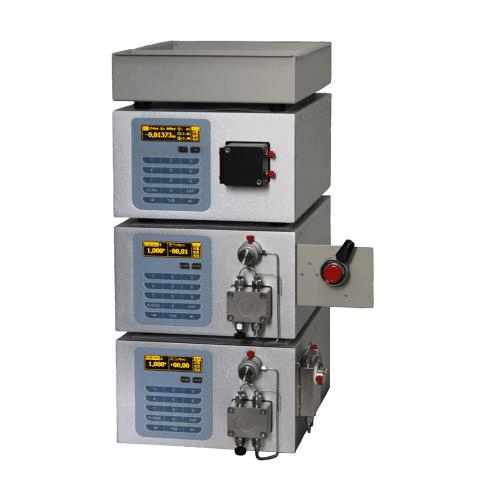
Benefits and Future Perspectives of Miniaturized and Microchip Chromatography
Benefits of Miniaturized and Microchip Chromatography
- Reduced Sample and Reagent Consumption
Miniaturized and microchip chromatography systems require significantly smaller sample volumes and reagent quantities compared to conventional chromatography techniques. This not only minimizes costs but also conserves valuable resources, making these techniques more environmentally friendly.
- High Speed and Throughput
Miniaturized and microchip chromatography platforms offer rapid separation and analysis of compounds, leading to shorter analysis times and increased sample throughput. This is particularly advantageous in high-throughput screening applications and time-sensitive analyses.
- Enhanced Sensitivity and Detection Limits
By reducing system volumes and employing advanced detection methods, miniaturized and microchip chromatography systems achieve higher sensitivity and lower detection limits. This enables the detection of trace analytes in complex matrices with unprecedented precision and accuracy.
- Portability and On-Site Analysis
Miniaturized and microchip chromatography systems are compact and portable, allowing for on-site analysis in various settings, including fieldwork, point-of-care diagnostics, and resource-limited environments. This mobility expands the applicability of chromatography techniques beyond traditional laboratory settings.
- Integration with Other Analytical Techniques
Miniaturized and microchip chromatography platforms can be seamlessly integrated with other analytical techniques, such as mass spectrometry, electrochemical detection, and fluorescence spectroscopy. This integration enhances analytical capabilities, enabling comprehensive characterization and identification of analytes.
- Automation and Miniaturized Lab-on-a-Chip Devices
The automation of miniaturized chromatography systems, coupled with the development of lab-on-a-chip devices, enables high-throughput analysis, reduced human intervention, and improved reproducibility. These advancements streamline workflows and increase efficiency in analytical laboratories.
Future Perspectives of Miniaturized and Microchip Chromatography
- Application in Personalized Medicine
Miniaturized and microchip chromatography technologies hold great potential for applications in personalized medicine, including pharmacokinetic studies, therapeutic drug monitoring, and biomarker discovery. These techniques enable rapid and accurate analysis of patient samples, leading to tailored treatment strategies and improved patient outcomes.
- Environmental Monitoring and Food Safety
Miniaturized and microchip chromatography systems offer efficient tools for environmental monitoring, food safety analysis, and quality control in agrochemical industries. These techniques facilitate the detection of contaminants, pesticides, and toxins in food, water, and soil, contributing to public health and environmental sustainability.
- Integration with Internet of Things (IoT) and Artificial Intelligence (AI)
Future developments in miniaturized and microchip chromatography may involve integration with IoT devices and AI algorithms for real-time data analysis, remote monitoring, and predictive maintenance. These technologies enable intelligent chromatography systems capable of autonomous operation and adaptive performance optimization.
- Development of Novel Microfluidic Materials
Advances in microfluidic materials and fabrication techniques will drive the development of novel microchip chromatography devices with enhanced performance, durability, and versatility. These materials may include nanocomposites, functionalized polymers, and biocompatible coatings tailored for specific analytical applications.
Conclusion
Miniaturized and microchip chromatography constitute a paradigm leap in analytical techniques, providing previously unrivaled benefits in terms of speed, efficiency, and portability. These technologies have already made major contributions to a wide range of sectors, ranging from environmental monitoring to clinical diagnosis. As technology advances, the potential applications become more diverse, promising a future in which analytical chemistry is not only more efficient but also more accessible. The miniaturization revolution in chromatography is surely defining the next generation of analytical equipment, providing up new avenues for scientific discovery and practical applications.

